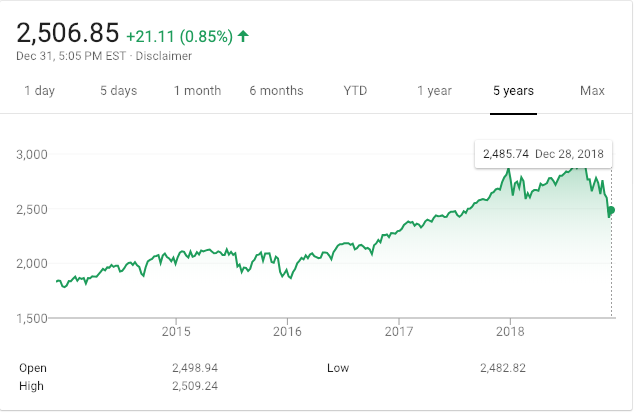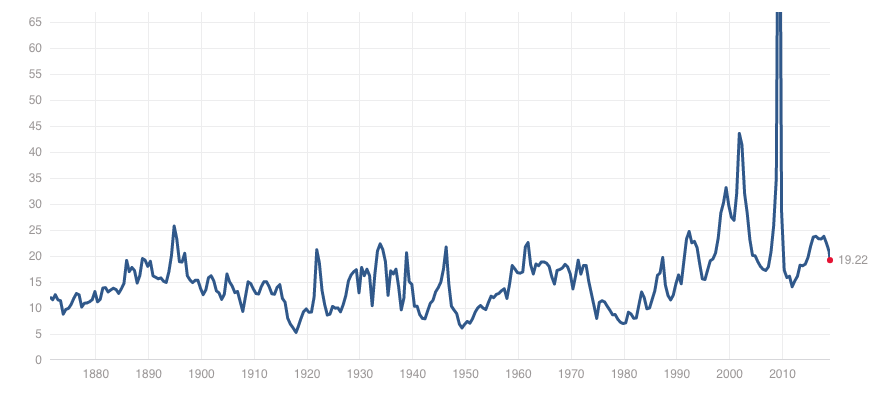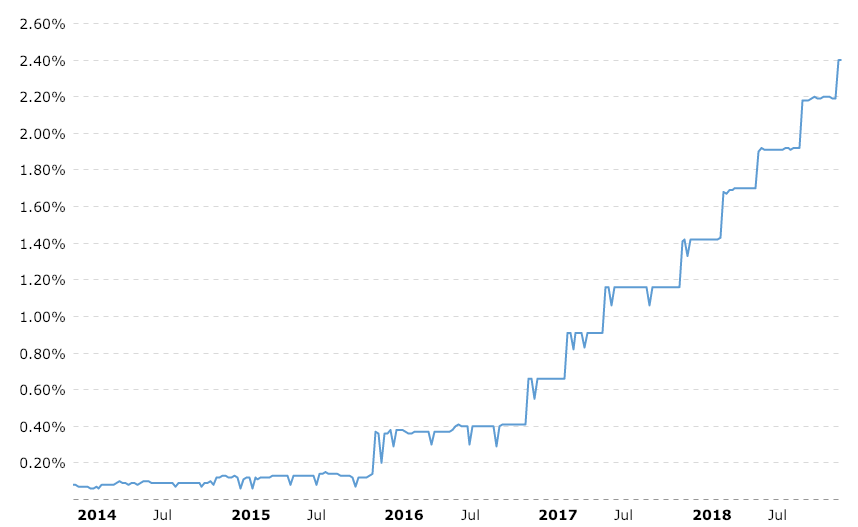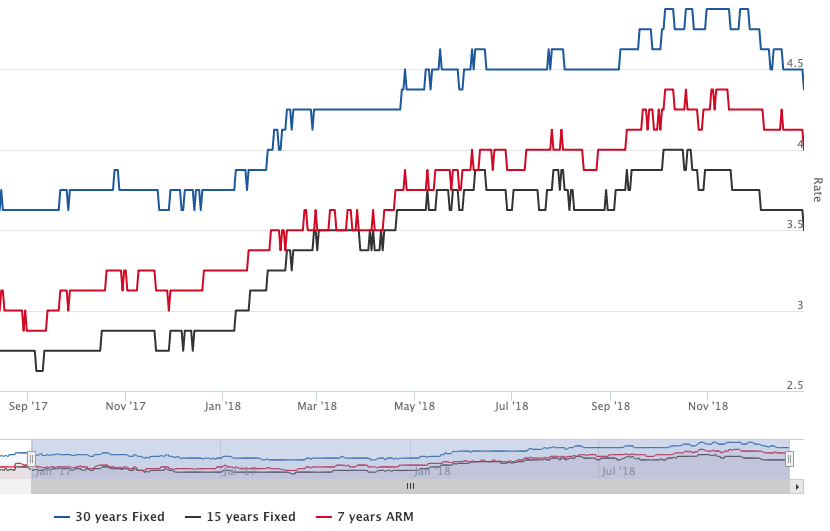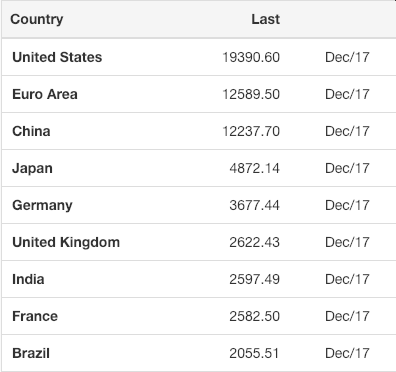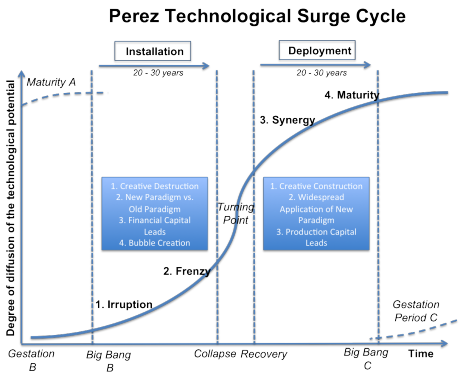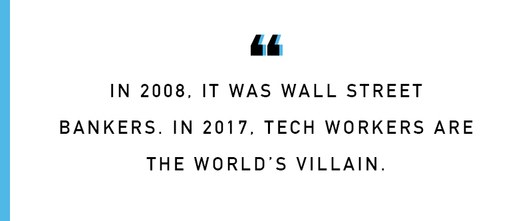What Is Going To Happen In 2021
Hi Everyone. Happy 2021.
Today, as is my custom on the first day of the new year, I am going to take a stab at what the year ahead will bring. I find it useful to think about what we are in for. It helps me invest and advise the companies we are invested in. Like our investing, I will get some of these right and some wrong. But having a point of view is very helpful when operating in a world that is full of uncertainty.
Let’s start with the elephant in the room. The Covid Pandemic will end in the developed world in 2021. I think we will see the end of the Covid Pandemic in the US sometime in the second quarter. I believe the US will work out the challenges we are having getting out of the gate and will be vaccinating at least 40mm people a month in the US in the first quarter. When you add that to the 90mm people in the US that the CDC believes have already been infected, we will have well over 200mm people in the US who have some protection from the virus by the end of March. By the end of the second quarter in the US, anyone who wants to be vaccinated will have been able to do so. All of this will be aided by at least two additional approved vaccines in the US in January and new and improved protocols, like emphasizing the first dose over the second one.
The second half of 2021 will be marked by two conflicting trends. First, we will see people returning in droves to offices, restaurants, bars, clubs, gyms, stadiums, concerts, parties, travel, theaters, and anywhere that they can be social with others, ideally many others. I personally cannot wait to do all of that when it is safe to do so.
But ironically, this mass socializing trend will not materially and/or permanently change many behaviors we adopted in the Covid Pandemic. I believe that we will continue to want to work from home, exercise from home, shop from home, watch first run movies from home, order in, livestream, and all of the other new behaviors we learned to enjoy and perfect in the last year.
Where all of this shakes out will be the big reveal of 2021 and will impact many tech companies and many tech stocks. As I wrote yesterday, I think the trends that were accelerated in 2020 will not reverse in 2021, although the slope of the adoption curves will likely flatten a fair bit.
While we are out mass socializing, we will also be picking up the pieces of our world that was shattered by the pandemic. In the US, we have racial equity issues that are longstanding, real and demanding to be addressed. We also have an economy that is in tatters. And we have sectors of our economy like retail, commercial real estate, carbon based energy, and more that will never be the same. The restructuring of our economy and government and corporate balance sheets and income statements that have been blown wide open will take a decade or more to work out.
Sitting above all of this is an atmosphere that is getting warmer by the day. As I wrote in last year’s looking forward post:
The looming climate crisis will be to this century what the two world wars were to the previous one. It will require countries and institutions to re-allocate capital from other endeavors to fight against a warming planet.
https://avc.com/2020/01/what-will-happen-in-the-2020s/
At USV, we have begun that reallocation of capital and we will be investing heavily in companies and technologies that can help the world address this existential threat. I believe that many of our colleagues in the venture capital world will do the same because not only does the world need this investment, it will generate fantastic returns too. Climate will be to this decade what cloud was to the last one.
The twin terrors of the Covid Pandemic and the Climate Crisis will drive the great US migration of the 21st century and we are already experiencing it. We will see it accelerate in 2021. If, because of what we learned in the Covid Pandemic, a good job no longer requires someone to live in a low lying flood-prone city like Miami or NYC or a city that is burning like SF or LA, we will see many people in the US choose to leave those places and adopt new homes that are less impacted by the climate crisis. We call this “adapting to the climate crisis” at USV, and this will be a huge investable trend for many years to come.
I believe that governments will respond to all of these economic challenges by continuing to print fiat money without restraint and by taxing and regulating innovative new companies to protect old and dying companies. This will lead investors to continue to allocate capital to new forms of money (crypto) and new ways of creating and financing innovation (decentralized projects and organizations). We are already seeing that happen in the finance sector, with breakout projects in decentralized finance in 2020 like Compound, Yearn, and Uniswap (a USV funded project). We will see this approach accelerate in 2021 and expand into areas beyond the financial sector. The idea of financing and executing innovation inside of a global decentralized autonomous organization is such a powerful idea and one whose time has come.
As I go back and re-read this post, I am struck by how obvious and unprovocative all of these predictions are. Either that means that I am not getting far out enough on the curve to see things before everyone else does, or it means that the trends that will define 2021 have been building for years and are finally coming of age. Maybe it is a bit of both.
In any case, 2021 will be a year of returning to normal, but it will be a new normal and not like one we have experienced before. Adapting to change is my mantra for 2021. Happy New Year everyone.
